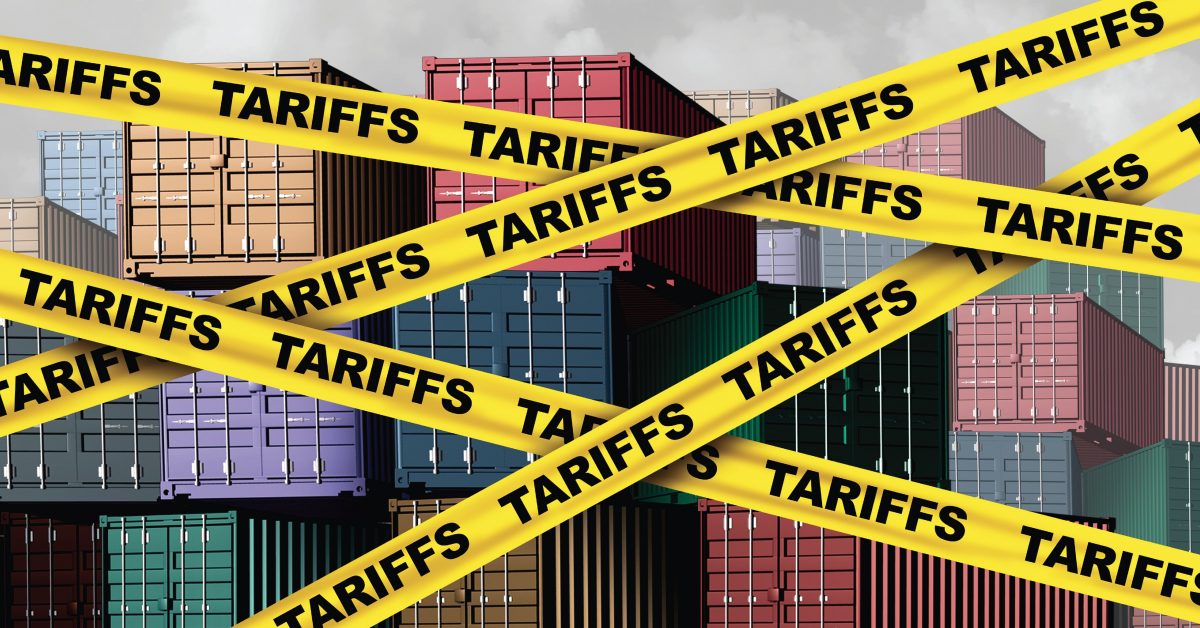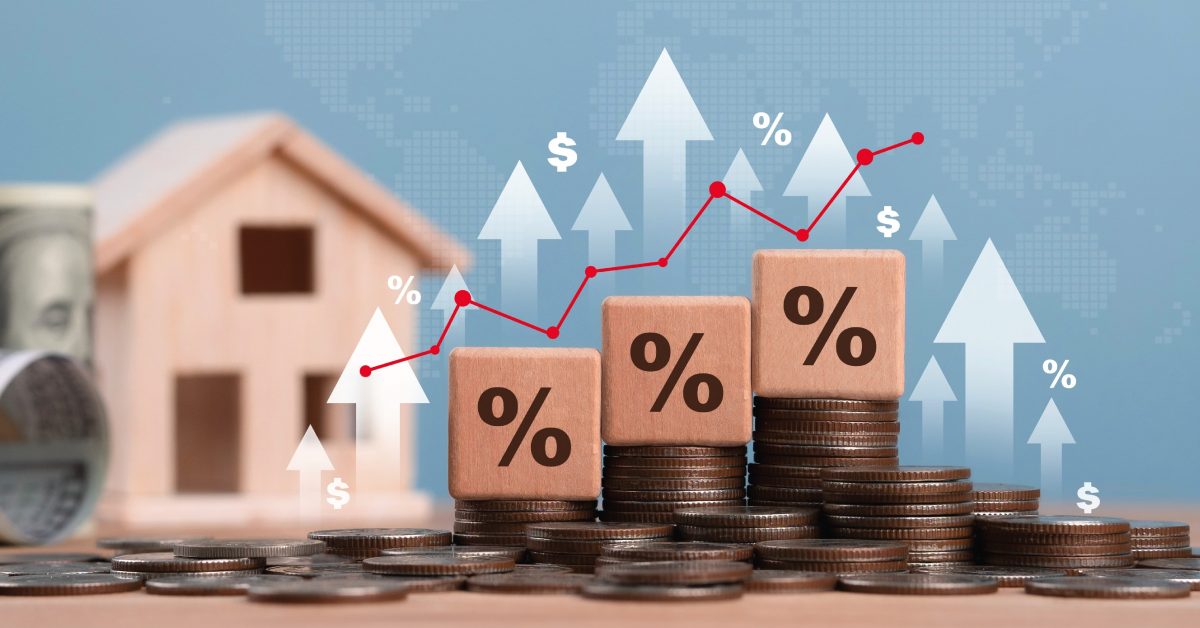Rising rates. Soaring tariffs. Global uncertainty.
Sounds like a time to sit on the sidelines, right? Not exactly.
For savvy investors, these are the signals of opportunity - especially in U.S. real estate.
We recently hosted an exclusive webinar with our Co-Founder, Donald Klip, where he unpacked what’s really happening beneath the headlines—and why current market conditions are creating a strong window of opportunity for foreign nationals and U.S. expats looking to invest in U.S. real estate.
A supply crisis hiding in plain sight
While much of the media focuses on Fed policy and mortgage rate spikes, a more powerful force is quietly driving the U.S. housing market: an unprecedented shortage of homes.
Estimates show the country is short by 5 to 7 million homes. Rising tariffs are also pushing up the cost of imported construction materials, from Canadian lumber to Chinese tools, which is slowing new developments even further.
With fewer homes being built and demand continuing to rise, the result is predictable: prices are holding steady and rental yields are climbing.
In fact, in 2022, despite the Fed raising interest rates from 0.25% to over 4.25%—the sharpest annual increase in four decades—U.S. home prices still rose by 10.2%, according to the Federal Housing Finance Agency (FHFA). That’s not just resilience; it’s a sign of a strong asset.
The “new” American dream and what it means for landlords
There was a time when the American Dream meant working hard, buying a home, and raising a family. However, with median home prices now 6–7 times the average household income, homeownership is no longer attainable for many Americans.
Instead, more people are renting, and that trend is accelerating. This is great news for landlords and rental investors. The shift from ownership to tenancy is driving up demand for well-located, investor-owned properties, particularly in migration hotspots.
For foreign investors, this presents an opportunity to enter markets where tenants are plentiful and rental income potential is strong. According to ATTOM’s Q1 2025 Single-Family Rental Market Report, gross rental yields across U.S. counties vary widely, with many affordable and emerging markets offering yields starting from 8% and reaching up to 18%.
These returns are significantly higher than those typically seen in many international property markets, making U.S. real estate a compelling option for global investors in 2025.
Migration is reshaping where investors are looking
Americans are on the move. Whether it’s to escape high costs, pursue better job opportunities, or benefit from lower taxes, more people are relocating, and doing so quickly.
States like Texas, Florida, Tennessee, Georgia, North and South Carolina are seeing a steady stream of new residents. Why? They offer strong job growth, particularly in industries like EVs, semiconductors, and logistics, along with no state income tax and relatively affordable housing.
For investors, this shift isn’t just interesting; it presents a clear opportunity. When people move, rental demand follows. These are the markets where growth is accelerating, infrastructure is expanding, and property values are poised to rise.
Why Buying Now Sets You Up for Future Equity
While some investors may hesitate in a high-rate environment, there are strong reasons why now may be exactly the right time to enter the market.
The logic is simple: lock in today’s pricing, refinance when rates drop.
When interest rates fall, and market indicators suggest that could happen soon, home prices are expected to jump. For investors who buy during the rate spike, this can lead to equity gains, refinancing opportunities, and the chance to pull cash out for their next investment.
Do I need U.S. credit to invest?
Absolutely not! If you’re a foreign national, you do not need U.S. credit to invest using America Mortgages’ market rate mortgage loans for investors. On top of that, the loans qualify on the property’s cash flow/rental on a 1:1 basis. No personal income taxes or end-of-year statements required. It’s common sense underwriting at its best!
Does a U.S. Expat need W2 income?
Absolutely not. If you’re a U.S. expat and you still maintain U.S. credit, you can qualify just as if you were living and working in the U.S. but with foreign-earned income allowed and no W2 required. A real game changer if you’ve tried other banks!
At America Mortgages, we approve clients based on the property’s projected rental income—not your personal income. If the rent covers the mortgage, you qualify.
Loan highlights:
- No U.S. credit score required (foreign nationals)
- Foreign-earned income accepted
- Rental income qualifies the loan, not personal income
- Up to 80% LTV available across all 50 states
- Loan amounts from $100,000 and up
This is how global investors are entering the U.S. market—easily, affordably, and with confidence.
Watch our recent webinar

If you missed it, watch the full webinar here.
Want to explore your options or get pre-approved?
Contact us today, and let’s walk you through a seamless mortgage journey.
Your Top Questions Answered
1. Is now a good time to invest in U.S. real estate?
Yes. Even during aggressive rate hikes, U.S. home prices rose over 10% in 2022. Limited supply and rising construction costs due to tariffs are keeping prices and yields strong. It’s a landlord’s market.
2. Should I wait for Fed rate cuts or buy now?
Don’t wait. Property prices tend to jump as soon as rates drop. Lock in today’s pricing, then refinance later for better terms and equity gains.
3. What’s the fastest way to get started?
Get pre-approved. America Mortgages can issue a pre-approval within 24 hours—no U.S. credit or tax returns required. We also help connect you with realtors in top U.S. investment cities.
4. How do migration trends affect investment strategy?
Migration drives demand. States like Texas, Florida, and the Carolinas are seeing population growth, job expansion, and rising rents. If people are moving there, investors should be too.
Read the full Q&A here.











